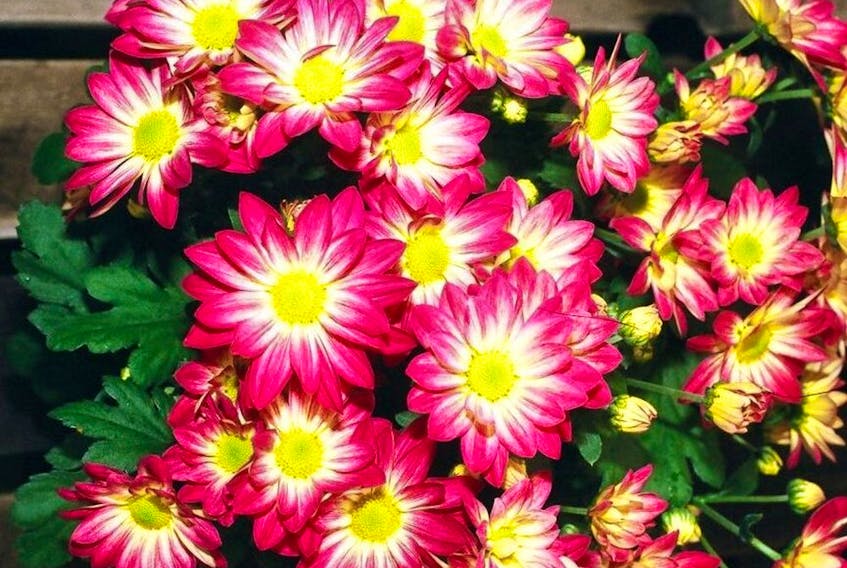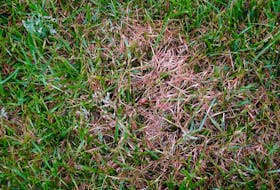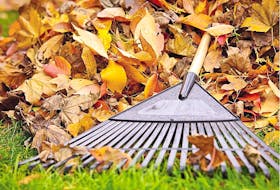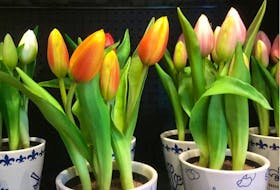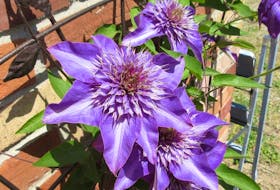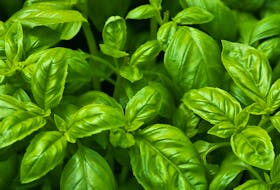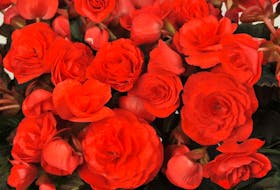Q. I would l like to give my mother a potted “mum” for Christmas. She is very fond of the flowers. The problem is that I’m told they are very difficult house plants . Is this true?
A. Potted chrysanthemums do require the often difficult combination of bright light, high humidity, and cool temperatures. Homes kept toasty warm throughout will usually result in plant wilting and a shortened bloom period. A plant will sometimes do all right when placed in a cool area at night. The soil needs to be kept consistently moist.
Potted azaleas and cyclamen need similar cool, bright conditions. One gift plant that does well in warm room temperatures is African violet, though it also needs fairly high levels of humidity.
If your mother favours chrysanthemums, and she enjoys a very warm home, consider a bouquet of cut mums. They are very showy, long-lasting cut flowers.
Q . I’m having a struggle deciding on the most sustainable soil amendment for retaining moisture in the soil. Coir (coconut fibre) is recommended over peat, but I’m not sure how squeaky clean its processing and production is.
A. The ideal would be to produce enough home-made compost for maintaining a spongy, moisture-retentive texture in our garden soils, but in many home gardens that’s not possible.
That leaves us to weigh the human and environmental costs of products against their benefits. In choosing between peat and coir for mixing into garden soils, I still opt for coir.
Once harvested, peat takes centuries to re-grow. Coir is the fibrous outer coat on coconut shells — a material that is continually and rapidly renewable as coconut palms produce year round and yield around 50 coconuts annually.
Another consideration is that peat is very acidic, while the pH (acid-alkaline scale) of coir is closer to neutral and suited for the needs of most plants.
On the subject of gardening supplies, remember the shortages in the spring and think about starting to acquire seeds and other supplies now.
Copyright Postmedia Network Inc., 2020

